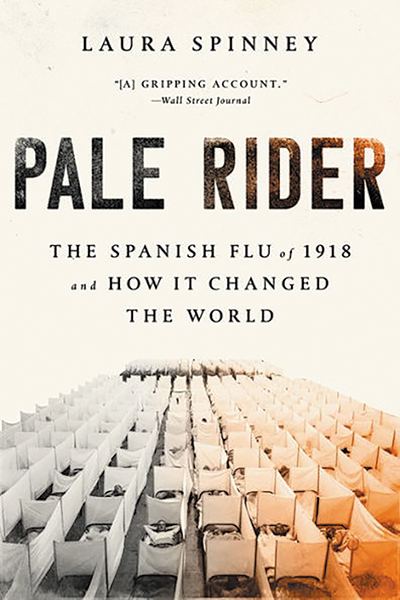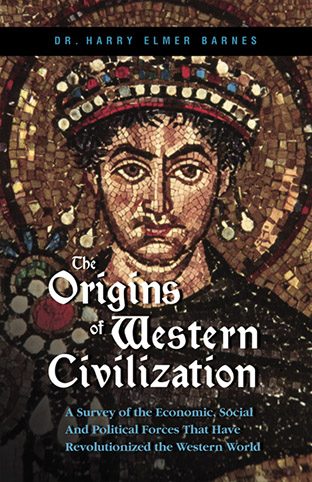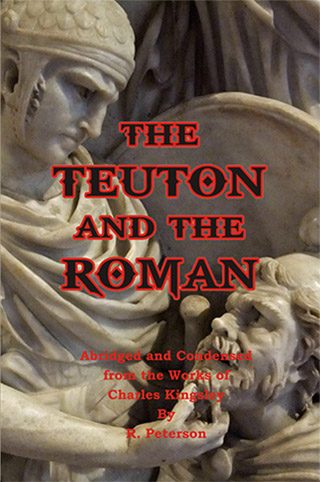Description
Pale Rider: The Spanish Flu of 1918 and How It Changed the World
In 1918, the Italian-Americans of New York, the Yupik of Alaska and the Persians of Mashed had almost nothing in common except for a virus—one that triggered the worst pandemic of modern times and had a decisive effect on the history of the 20th century. . . . With a death toll of between 50 and 100 million people and a global reach, the Spanish flu of 1918–1920 was the worst human disaster, not only of the 20th century but possibly in all of recorded history. And yet, in our popular conception, it exists largely as a footnote to World War I.
Why did this virus not kill the elderly or the young, but instead seemed to target the healthiest segment of the population—18-to-50-year-olds? What did we learn about pandemics? What happened to the millions of children who were left as orphans? Are there lessons for today in that disastrous global experience?
In Pale Rider: The Spanish Flu of 1918 and How It Changed the World, Laura Spinney recounts the story of an overlooked pandemic, tracing it from Alaska to Brazil, from Persia to Spain, and from South Africa to Russia. Telling the story from the point of view of those who lived through it, she shows how the pandemic was shaped by the interaction of a virus and the humans it encountered—and how this devastating natural experiment put both the ingenuity and the vulnerability of humans to the test. It affected the ultra-rich and the poorest of the poor, from the tip of South America to the frigid tundra of Siberia—seemingly no continent, no nation, no state, no region, no culture, no race, no square inch of the globe remained unaffected.
Drawing on the latest research in history, virology, epidemiology, psychology and economics, Spinney narrates a catastrophe that changed humanity for decades to come, and continues to make itself felt today. In the process, she demonstrates that the Spanish flu was as significant—if not more so—as two world wars in shaping the modern world; in disrupting, and often permanently altering, global politics, race relations, family structures, and thinking across medicine, religion and the arts.
Softcover, 352 pages


